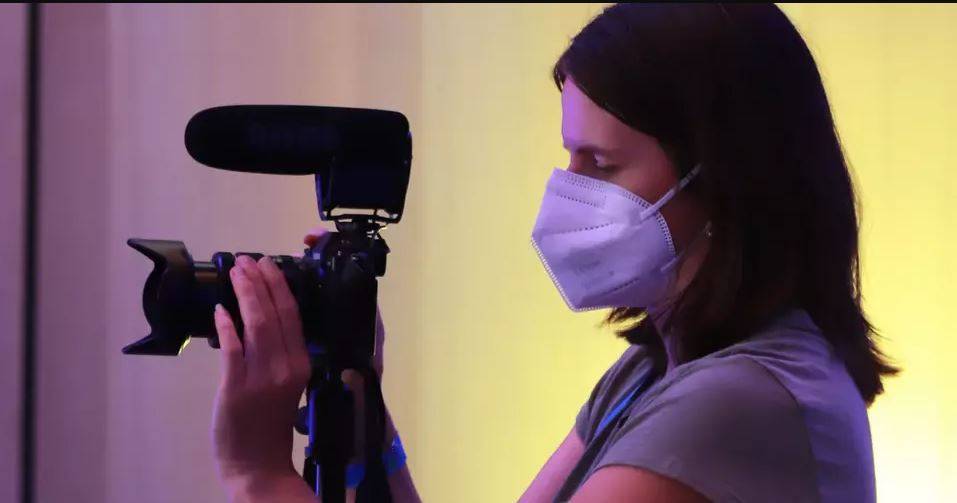Deadline: June 16, 2023
Applications for the EGU Science Journalism Fellowship 2023 are now open. The fellowships enable journalists to report, in any European language, on ongoing research in the Earth, planetary or space sciences, with successful applicants receiving up to €5,000 to cover expenses related to their projects.
EGU Science Journalism Fellowships differ from other science journalism prizes. Rather than awarding a published piece of science reporting, the EGU funds innovative proposals to report on geoscientific research not yet in the public sphere. The award offers journalists the opportunity to follow geoscientists on location to develop an in-depth understanding of their research questions, approaches, findings and motivation. The aim of the fellowship is to promote excellence in geoscience reporting.
Proposals are invited from professional, active journalists to report on ongoing research within the Earth, planetary and space sciences. Competitive proposals will:
- Focus on a topic in the geosciences (including planetary and space sciences) with potential broad public appeal and within the remit of EGU’s scientific divisions.
- Outline an original, well-informed approach to the subject.
- Feature leading Europe-based researchers and/or have European relevance.
Award
- The EGU may award single or multiple fellowships, with a total of up to €5,000 allocated between the selected candidates. The award is not to function as a salary or to cover applicants’ wages, but rather to fund all or partial expenses related to their projects. The award can, for example, cover travel-related costs, such as flights and accommodation, as well as expenses related to video, audio or photography. Winner(s) will receive part of the award in advance and part upon successful completion of their project(s).
- In addition, winner(s) will be invited, with travel expenses paid up to €1,000, to attend the EGU General Assembly following completion of their projects to discuss their experience following scientists on location.
Eligibility
- Open to professional, active journalists to report on ongoing research within the Earth, planetary and space sciences.
Note
- The winning journalist(s) should publish at least one substantial item reporting on their project(s). Products could include text (such as a feature article in print or electronic media, or a book), radio stories, video/multimedia or photo features, and may be published in any European language.
- They encourage candidates to choose a combination of traditional publications and social media, blogs and multimedia outlets for their stories.
- The winning project(s) should be completed within 12 months of the date of the award. This deadline can be extended in cases beyond the control of the fellow, such as when a scientific field trip is postponed.
- Application
- Two documents are required:
A proposal (2 pages): a working title, motivation, outline of approach, provisional plan of work, and suggested publication outlets. This document must also include a detailed budget and an outline of the feasibility of completing the project on schedule and with the budget requested.
- A summary of experience (1 page): an account of professional affiliations, previous experience, expertise and acclaim.
Documents in the file (1) should not include the applicant’s name, gender, contact details, or any other information that identifies the candidate, as this part of the application will be judged anonymously.




No comments yet
Be the first to share your thoughts!